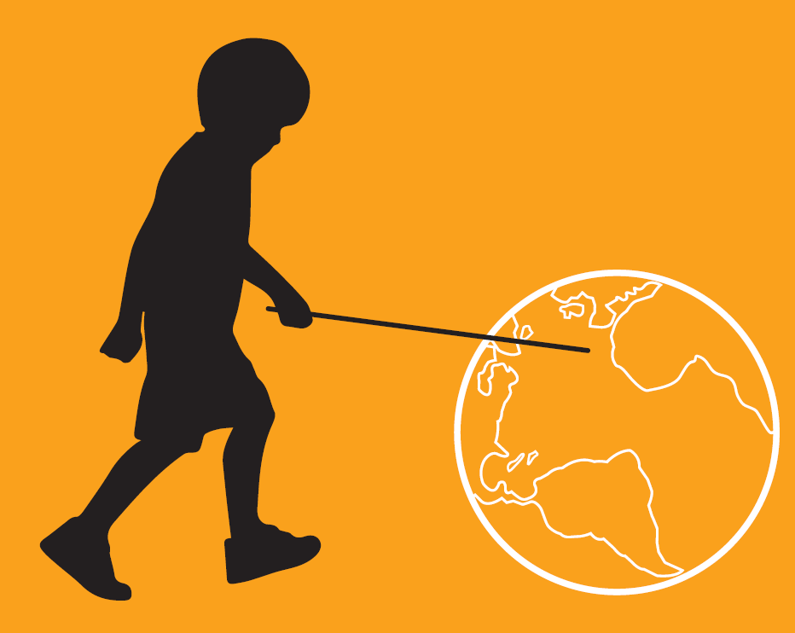
30/30: CHILDREN
CHILDREN IN 2030
•
It makes no sense for us as adults to criticise ‘the youth of today’. From the perspective of the time-old question of whether the chicken or the egg came first, this is an obvious case of when it was the chicken.

•
Society needs a children’s perspective just like large companies need start-up companies to change their essential way of operating. We should put less emphasis on educating children and pay more attention to how we as adults can learn from them.
•
One characteristic of children today is that they get easily bored, which is a consequence of us imposing our time structure on them. We organise their time by the hour and when they find themselves with an unscheduled free hour, they don’t know what to do with it.
•
Children experience feelings of sadness at a younger and younger age, and they will pay a huge price for this in the future. One of our main concerns as a society should be how to ensure our children are happier.
•
Children are much more than the objects of a school, yet this is the underlying focus in the majority of cases that deal with children or young people as a problem.
•
We need the whole community to be involved in educating children, and go beyond the family-school environment. We need a greater inherent variety in educational activities, such as creating groups of trust with the capacity to enrich children’s experiences.
•
Children today no longer have the streets as an extra playground away from school or home. But this is not so much a problem of space as of time. Why can we not systematically set aside more unscheduled time at school for discovery and for playing outside the classroom?
•
Education should not consist of making children tidy their rooms so much as teaching them to understand the difference of freedom and responsibility that activities outside this private environment require when they are in public spaces that they have to co-habit and share with others.
From our book 30/30: 30 ideas for 2030.


